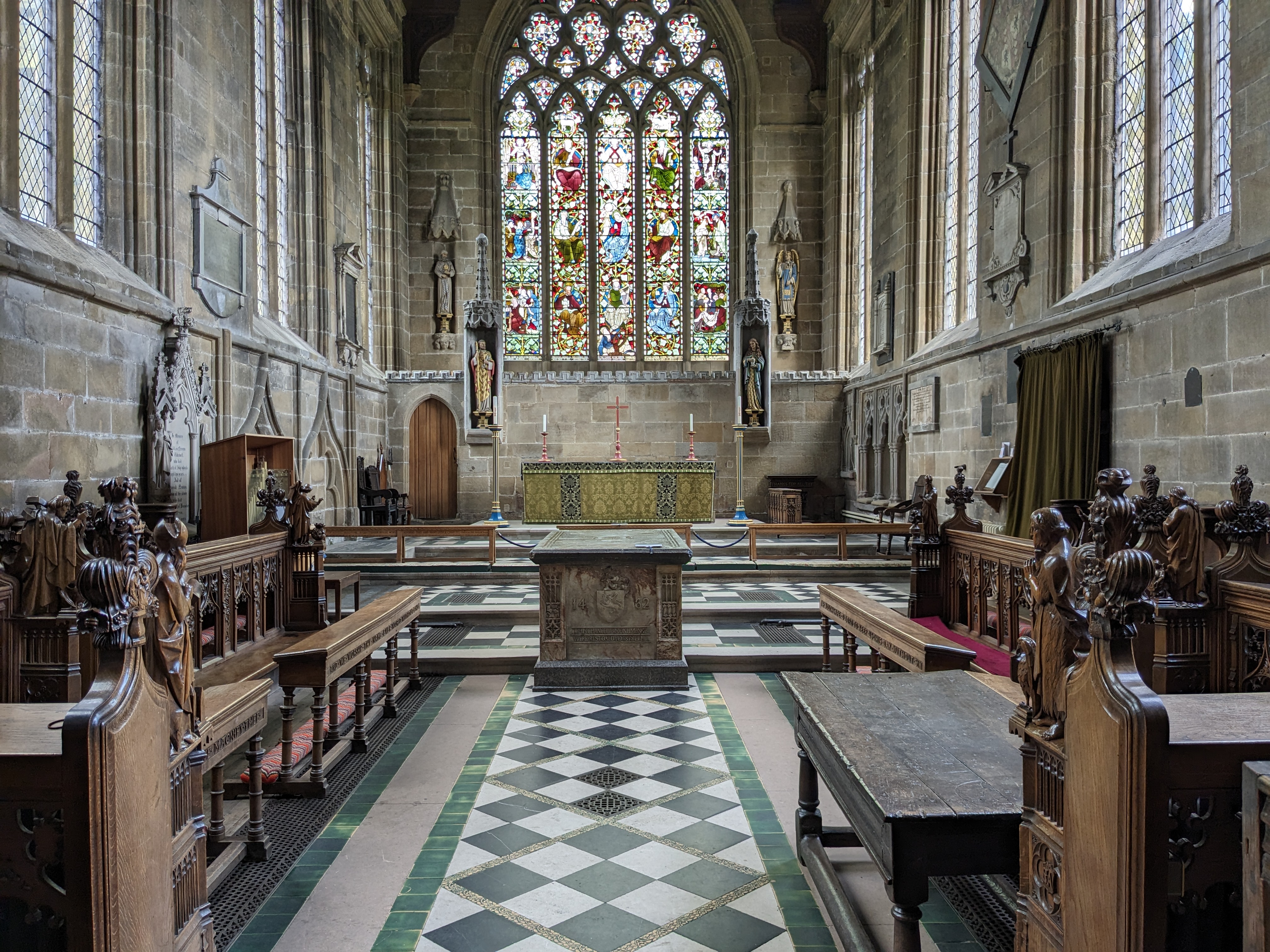
Reparations for slavery is a highly discussed topic in modern politics. More and more people are calling for the institutions that gained wealth from the transatlantic slave trade to make reparations to those still affected by the legacy of the slave trade. Recently, the Church of England has come under fire in the media.
In 2019, the Church of England launched an investigation into its connections with the South Sea Company and the slave trade. They found that Queen Anne’s Bounty (a scheme founded to fund the poor clergy of the Church of England and the institution itself) had links with African chattel enslavement. Queen Anne’s Bounty reportedly invested into the South Sea Company, which transported thousands of slaves in its years of operation. The profit was then invested back into the Church of England and is now a part of their net worth of around £10 billion US dollars, making it the 9th wealthiest religious organisation in the world.
The Church’s first response to this finding was an apology. The Archbishop of Canterbury said that he is “deeply sorry” and that the slave trade “took men, women and children created in God’s image and stripped them of their dignity and freedom”. Their second response is the donation of £100 million through an impact investment fund which aims to help communities affected by slavery. However, many groups have expressed that this fund isn’t enough and they should be donating £1 billion. It is important to note that the current plan for this fund is for it to be donated over a nine-year period, making the donation amount just over £11 million a year.
So, what is the aim of this fund? To answer this question, you have to ask why people are still affected by the horrors of the slave trade despite it happening several generations ago. The effects from the slave trade are still lasting, those (prominently Black communities) from families affected by the slave trade often don’t have generational wealth as for a large part of time they were not allowed to earn and keep money. Racism is still a prominent part of society and its structure. In addition to this, racism continued despite slavery being outlawed and people still face these discriminations today. The fund aims to help people from these communities in a financial way to help take a step towards a more equal society.
After its creation, the fund has been looked over by an oversight group who has suggested that the fund is too small compared to the disadvantaged affected by the slave trade in today’s society. In response to this, the Church of England have said they want to expand the fund to £1 billion, however the way the plan to do this is through co-investors instead of spending the money themselves.
While more and more people are calling for other institutions to acknowledge their part in the slave trade, these organizations have yet to comment.
While the Church of England has been the latest in the news, other institutions have been criticised for ignoring the part they played in the slave trade (for example the Royal Family and the Bank of England). While more and more people are calling for other institutions to acknowledge their part in the slave trade, these organizations have yet to comment. The Church of England has set a good start in trying to make reparations for these events. Although there are disputes over the amount in the fund itself, they are still going beyond many other companies and organisations. Hopefully, this means others will start to follow their lead.
In our constant movement towards a more equal society, we also have to address the failings of the past and try to correct them.
The final question is, is it enough? Is money enough to right such wrongs? The short answer is no, money isn’t enough to make up for the horrors of the slave trade. In fact, nothing can make up for it, no amount of money or apologises given will make it forgivable. However, those affected deserve reparations and the very least we as a society can do is make sure they get equal opportunities. In our constant movement towards a more equal society, we also have to address the failings of the past and try to correct them. While this isn’t necessarily always possible, attempts should still be made.
This move from the Church of England is hopefully the first of many similar ones to come. While it is generally agreed that the Church of England needs to do more than what they have started so far, it is a step in the right direction. Hopefully, this is the first of many organisations that will try and make reparations for the past, so that we all can have an equal future.


